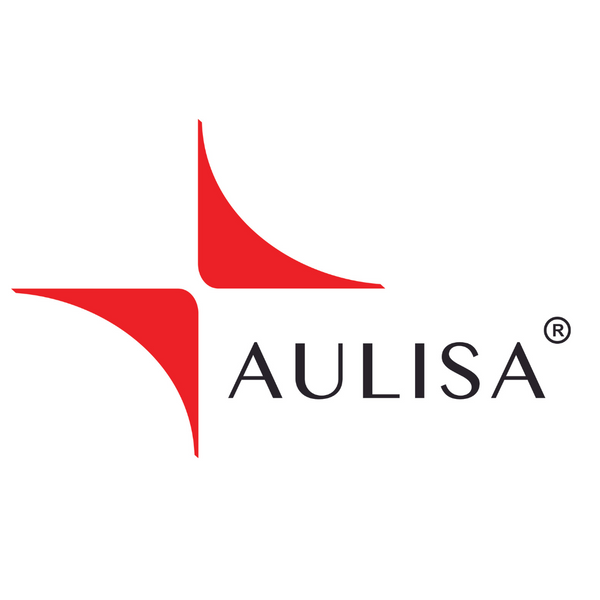Walking through Southern California hospitals and clinics last month, you couldn’t help but feel the weight in the air—both emotionally and physically. In the NICU, premature infants lay tangled in cables, and in adult wards, terminally ill patients struggled to move or breathe comfortably, surrounded by machines that never seemed to stop beeping. The nurses were doing their absolute best—juggling more than 20 patients in some cases—but they were exhausted, anxious, and often running on autopilot. One nurse even confessed, “I can’t sleep without hearing alarms in my dreams.”
But amidst the fatigue, a quiet theme emerged: hope. Not hope in the abstract, but hope in the form of solutions. And that’s where Aulisa Medical enters the story.
Across multiple hospitals, nurses and providers highlighted three challenges that are surprisingly consistent:
- False Alarms & Alarm Fatigue – Constant alerts disrupt workflow, increase stress, and desensitize staff to real emergencies.
- Inaccurate Readings – Vital signs that show dangerous levels despite a patient appearing completely stable cause confusion and delays in care.
- Patient Discomfort & Dignity – Cables restrict movement, increase fall risk, and make basic tasks like eating or going to the restroom difficult.
Here’s the good news: these problems aren’t inevitable. They’re just what we’ve come to accept as “normal.” But innovation can change that.
Aulisa’s Wireless System: Designed with Clinicians in Mind
At Aulisa Medical, we listened. Our FDA-cleared, wearable, wireless monitoring system was built from the ground up to meet the very pain points nurses and providers described:
✅ No More Cable Chaos: Our lightweight, wireless design allows patients to move freely, reducing risk and increasing comfort.
✅ Customizable, Smart Alarms: No more constant false alerts. Clinicians can adjust alarm thresholds, and the system uses intelligent monitoring to reduce unnecessary interruptions.
✅ Accurate, Real-Time Readings: Backed by clinical trials, our SpO₂ and pulse rate readings provide reliable data you can trust—especially in high-stakes moments.
✅ Centralized Monitoring: Even short-staffed hospitals can gain oversight, with our centralized displays and mobile viewing options allowing faster response from anywhere.
When we demoed our system during the field trip, the response was consistent: “This seems too good to be true.” And we understand that reaction—because in a system where burnout and band-aid fixes are the norm, real innovation can feel like wishful thinking. But it’s not.
This is real, available today, and designed to empower—not replace—the heroes of our healthcare system. Nurses, respiratory therapists, physicians, and tech teams are stretched thin. Our goal is to support them with tools that don’t add friction—but remove it.
Technology shouldn’t be a barrier to compassionate care. It should be a bridge. With Aulisa, we’re building that bridge—one that restores trust in the numbers, reduces mental load, and helps both patients and providers breathe a little easier.
We’re grateful to every healthcare worker who shared their stories with us. You’re not alone, and change is not out of reach.
Let’s move beyond outdated systems—and into a future where monitoring means peace of mind, not more stress.
Contact us today at information@aulisa.com for a complimentary demo!

